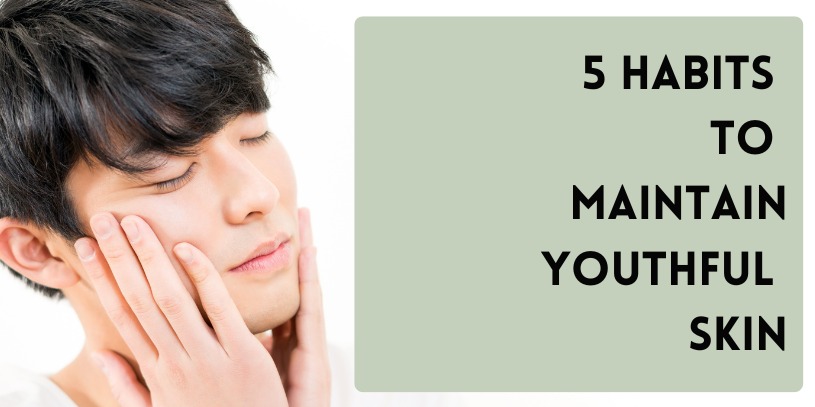1. Don’t: Rely Solely on Your Makeup for Sunscreen
Nowadays, it’s easy to find makeup offering some Sun Protection Factor (SPF) level. However, they don’t always offer broad-spectrum protection. This means they will protect you against UVB rays – rays that cause skin reddening and sunburn – but not against UVA rays – rays that cause wrinkles and age spots.
UVA accounts for up to 95 percent of the radiation that reaches the planet’s surface, the Skin Cancer Foundation reveals. They’re present with equal intensity during all daylight hours and can penetrate clouds, fog, and glass.
Do: Apply sunscreen with broad-spectrum SPF before makeup.
2. Don’t: Use a Drying Soap
Regular soap bars can contain ingredients – such as alcohol, fragrance, and sulfates – that strip skin of natural oils. The skin barrier is weakened when dehydrated, and dry skin cannot protect itself from irritants like pollution, viruses, and bacteria. Also, though dry skin doesn’t cause wrinkles, it accentuates them.
Do: Use a hydrating cleanser that is sulfate free and follow up with a moisturizer that contains antioxidants, such as Vitamins A, C, and E.
3. Don’t Skimp on Sleep
When your body is resting, it renews itself. Sleep helps skin cells regenerate, boosts collagen production, and gives your skin a break from environmental stress (UV rays, pollution). A study by the Department of Dermatology at the UH Cleveland Medical Center found that chronic poor sleep quality is associated with increased signs of intrinsic aging, diminished skin barrier function, and lower satisfaction with appearance.
Do: Get 6 to 8 hours of sleep each night and try to have good sleep hygiene. For example:
Wake up and go to bed at the same time every day
Make sure your bedroom is quiet and dark before going to bed
Avoid screens before going to bed
4. Don’t Rub Your Eyes Consistently
The skin around the eyes is especially delicate, so frequently rubbing it can cause wrinkles, fine lines, and dark circles. People who suffer from skin conditions like eczema, atopic dermatitis, or allergies tend to rub their eyes often.
Do: Visit an allergist or dermatologist to rule out underlying conditions that might cause eye-rubbing and get an accurate diagnosis and treatment if needed.
5. Don’t Normalize Chronic Stress
According to Harvard Health, stress can negatively affect overall skin wellness and exacerbate several skin conditions, including psoriasis, eczema, acne, and hair loss. Chronic stress, linked to the overproduction of cortisol, can also accelerate the aging process because of increased inflammation and overproduction of free radical cell damage.
Do: Make lifestyle changes to reduce stress. For example:
Eat a balanced diet
Exercise regularly
Get enough sleep
Try meditation




test